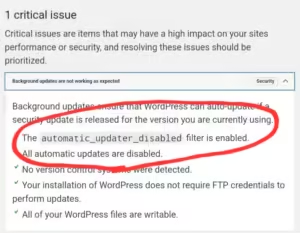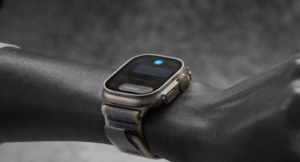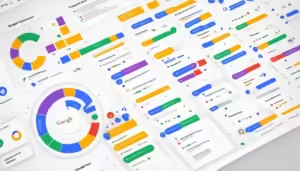
AI
Will Artificial Intelligence Replace Humans? Unpacking the Future of AI and Humanity
Artificial intelligence (AI) has swiftly woven itself into the fabric of our everyday lives, transforming how we chat with friends, tackle our jobs, and even manage businesses. With the astonishing pace of AI advancements, a burning question is on everyone’s mind: Will AI replace humans? This debate delves into several critical areas, from employment and creativity to decision-making and human interaction. Although AI boasts incredible potential, it’s vital to grasp its boundaries and ethical considerations.

The Growing Influence of AI in Our Lives
AI is everywhere you look these days. It’s in your smartphone, predicting text messages, in your home, controlling smart devices, and even in your workplace, streamlining operations. The convenience and efficiency brought by AI are undeniable. Yet, as its presence grows, so does the concern about its impact on our jobs and daily lives.
Will Artificial Intelligence Replace Humans
However, the fear of job displacement is real. According to a study by McKinsey, by 2030, up to 375 million workers worldwide may need to switch occupational categories due to automation . While some jobs may disappear, new ones will emerge, necessitating a shift in skill sets. The focus should be on reskilling and upskilling the workforce to adapt to the evolving job market. For example, roles in AI programming, machine learning engineering, and data science are seeing a surge in demand. Human creativity, emotional intelligence, and complex problem-solving abilities are areas where AI still lags, indicating that a human touch remains irreplaceable.
Will Artificial Intelligence Replace Humans
Employment: A Future with AI
One of the most contentious issues is the effect of AI on employment. Will robots take over our jobs? The fear is real, especially in industries like manufacturing and customer service, where automation is already replacing human roles. However, AI can also create new job opportunities, particularly in tech and AI-related fields. It’s a double-edged sword, and the key lies in adapting our skills to the evolving job market.
In decision-making, AI can process vast amounts of data to provide insights and predictive analysis, aiding humans in making informed decisions. However, it lacks the moral reasoning and ethical judgment that human decision-making involves. For instance, in healthcare, AI can assist in diagnosing diseases by analyzing medical images, but the final decision about treatment options involves considering the patient’s unique circumstances and ethical considerations, a domain where human doctors excel.
Will Artificial Intelligence Replace Humans
Creativity: Human vs. Machine
Can machines be creative? AI can generate art, write music, and even pen novels, but does it truly understand creativity? While AI can mimic and produce creative works, it lacks the emotional depth and personal experience that humans bring to the table. AI might be a helpful tool in the creative process, but it’s unlikely to replace the human touch that makes art genuinely meaningful.
Decision-Making: Efficiency vs. Empathy
AI excels at processing vast amounts of data and making decisions based on patterns and algorithms. This capability is transforming industries like healthcare, finance, and logistics, making processes more efficient and accurate. However, decision-making isn’t just about data. It often requires empathy, ethics, and a deep understanding of human nuances—qualities that AI currently lacks.
Will Artificial Intelligence Replace Humans
Human Interaction: Enhancing or Replacing?
AI-powered virtual assistants and chatbots are revolutionizing customer service and personal interactions. They can provide quick, efficient responses, but can they truly replace human connection? The warmth, empathy, and understanding in human interaction are irreplaceable. AI can augment our interactions, making them more efficient, but the core of human connection remains essential.
The Ethical Landscape of AI
As AI continues to evolve, so do the ethical dilemmas. Issues like privacy, bias, and accountability are at the forefront of AI discussions. How do we ensure that AI systems are fair, unbiased, and respect our privacy? Who is responsible when an AI system makes a mistake? Addressing these ethical concerns is crucial for the responsible development and deployment of AI.
Will Artificial Intelligence Replace Humans
A Collaborative Future
The question of whether AI will replace humans isn’t just about technology; it’s about how we choose to integrate it into our lives. AI has the potential to revolutionize our world, but it also has limitations that we must acknowledge. By understanding these boundaries and addressing ethical concerns, we can harness AI’s power while preserving the unique qualities that make us human. The future is likely to be one of collaboration, where AI and humans work together to create a better world.





